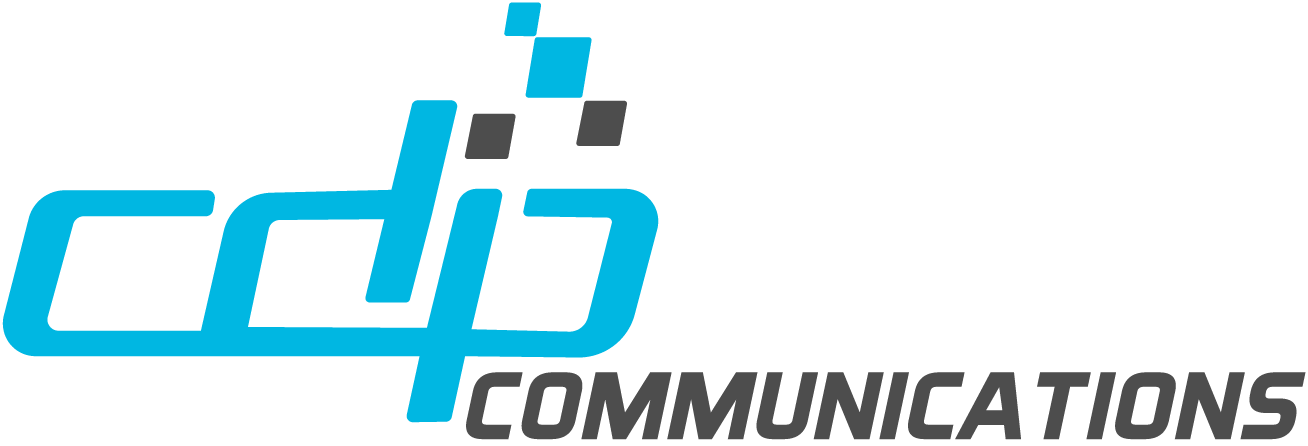Digital Accessibility is the Right Thing and it’s the Law!
Digital Accessibility is the right thing to do for your all your public-facing digital content. In today’s fast-paced world, having a website is crucial for almost every business. Your organization’s website has become more important than ever, often surpassing the significance of your physical location. With this increased importance comes a responsibility: ensuring universal accessibility to your website and its content. Universal Accessibility is just the right thing to do.
When the Americans with Disabilities Act (ADA) was enacted in 1990, it transformed a moral consideration into a legal requirement for online presence. Other jurisdictions, such as the AODA in the Province of Ontario, have also mandated equitable experiences and outcomes for everyone, regardless of their abilities. This shift in focus from physical to digital accessibility is essential for businesses to adapt and succeed in the modern world.
The Rise of Online Engagement and the Need for Accessibility
The digital consumer journey has evolved, with customers engaging with online content to understand your business, compare products and services, and make purchases. As businesses shift their focus to their online presence, it’s crucial to accommodate all users and ensure your website is accessible to delight and retain customers, as well as attract new ones.
The Increase in Litigation and What It Means for Businesses
The global pandemic has further emphasized the importance of digital accessibility, with a steady rise in ADA Title III lawsuits since 2019. Every business operating in the United States is legally obliged to provide equal accessibility, highlighting the risks and rewards of ensuring accessibility on a massive scale.
Several high-profile lawsuits, such as those involving Beyoncé’s Parkwood Entertainment, Harvard, and MIT, have emphasized the consequences of non-compliance with accessibility requirements. These cases serve as a warning for businesses to proactively address accessibility issues and avoid similar legal pitfalls.
Who is Responsible for Accessibility Compliance?
Equality, inclusivity, and accessibility have always been important, but recent legislation and litigation have pushed organizations to adopt accessibility strategies. Barrier-free access for all is not only morally right but also a legal requirement. No one is immune from scrutiny, regardless of your industry or size.
A growing body of legal precedence indicates that businesses and their remediation experts are responsible for ensuring compliance with specific regional criteria. Partnering with an experienced accessibility provider is a wise decision to guarantee your organization’s safety and success. Universal Accessibility is just the right thing to do.
Take the First Step Toward Universal Accessibility
Reach out to our team and start your journey toward accessibility and compliance. Secure your brand’s reputation as a caring and inclusive organization that meets the needs of all users. Let our trusted advisors guide you to a universally accessible online presence.
Contact us today, and a member of our team will be in touch shortly. It’s time to make the web accessible for everyone and mitigate the legal risks posed by non-compliance with the ADA, the AODA, and other accessibility laws in effect today.
CDP has been an innovator and pioneer in the document space since 1984. With a keen focus on document accessibility, quality assurance and automated approaches, we’ve developed and promoted the golden standard worldwide. If creating accessible documents in Word, InDesign or other platforms, whether for individual documents or in volume / at scale, CDP has the solutions you need. Universal Accessibility is everyone’s responsibility and is best built in from the start rather than added later. CDP can help you achieve Universal Accessibility from creation or post-creation. Let us help! Reach out to us at ua@cdpcom.com and let’s address digital and document accessibility together!




